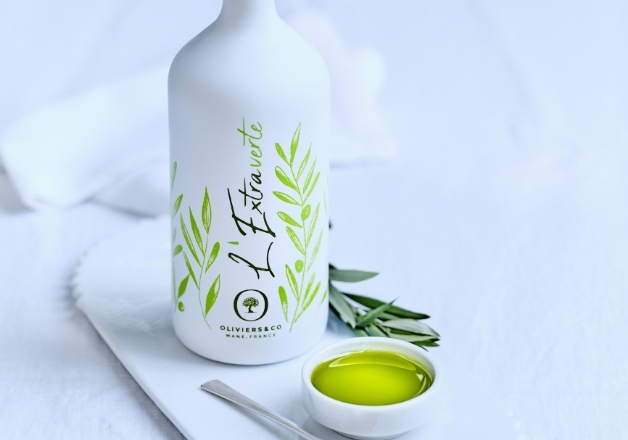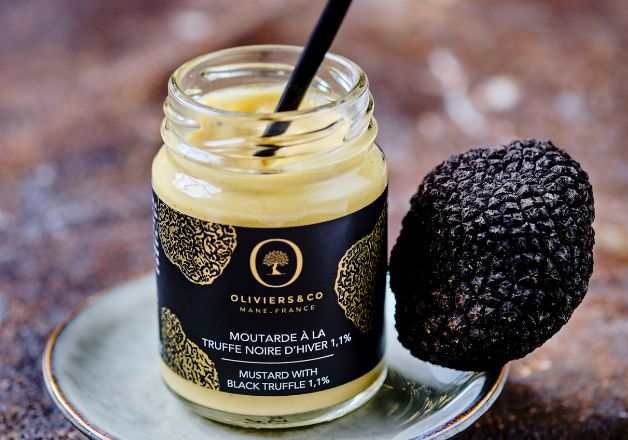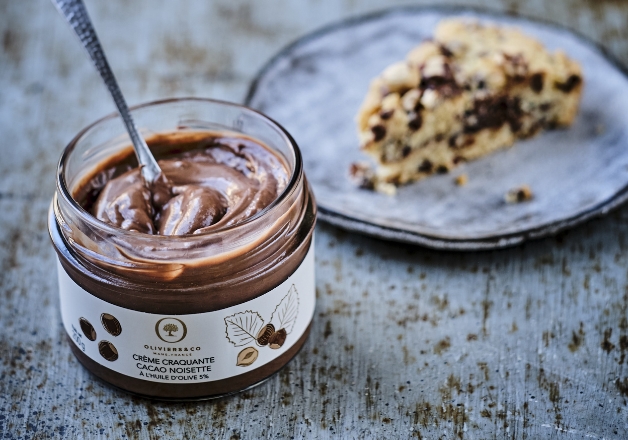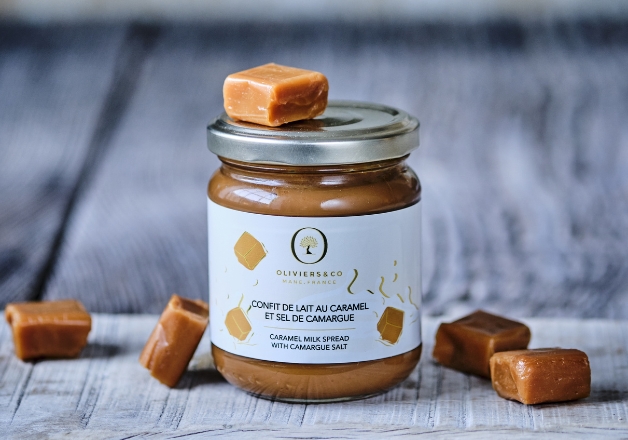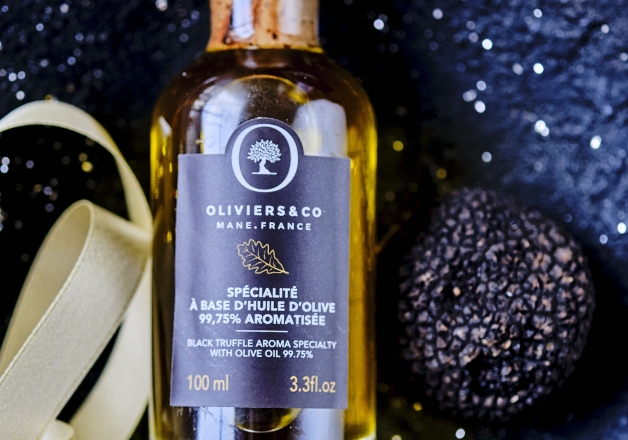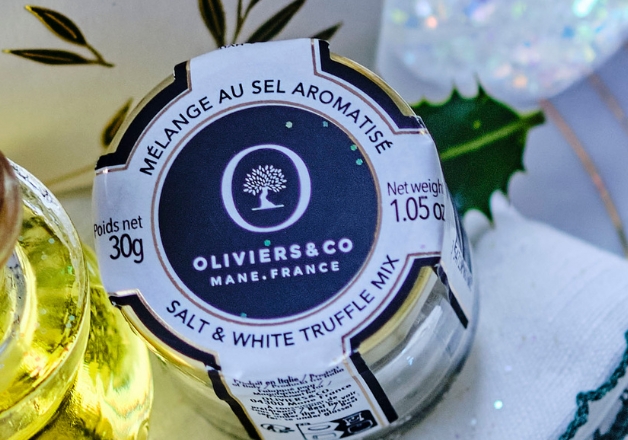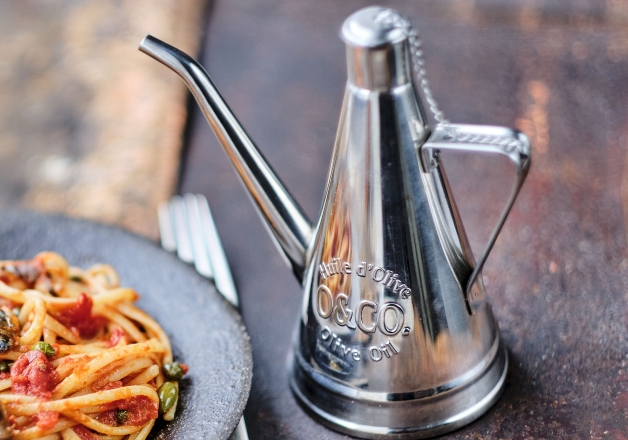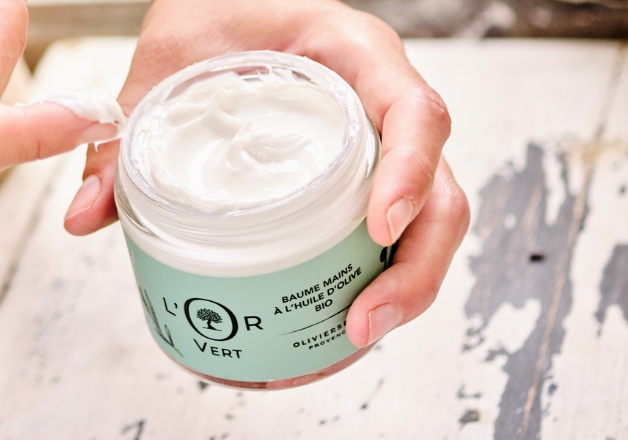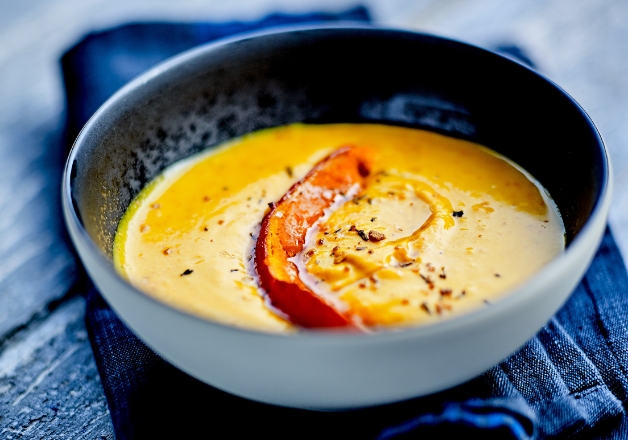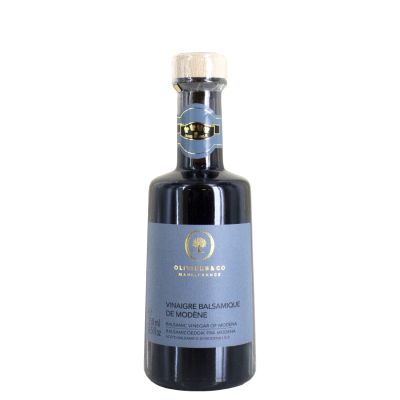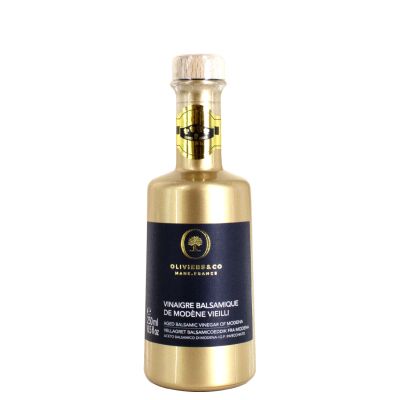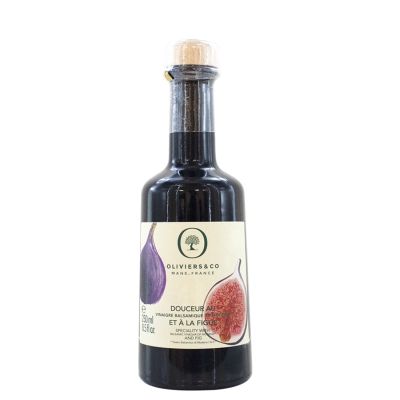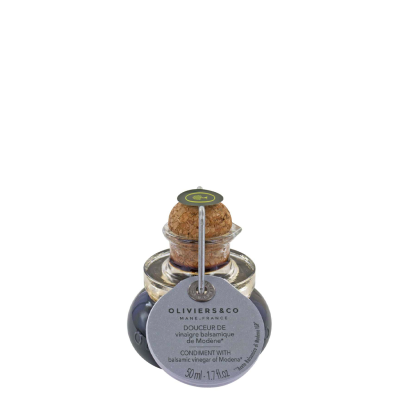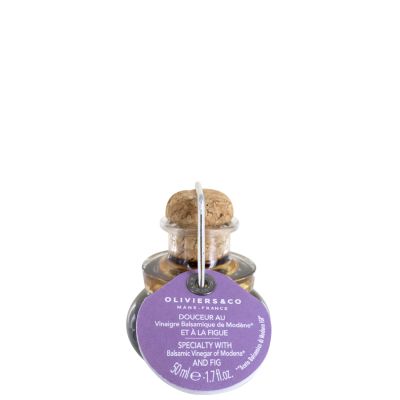

Similar to olive oil, balsamic vinegar holds a revered place in both Italian and Mediterranean culinary traditions. It serves not only as a standalone condiment but also as a versatile accompaniment to a wide array of dishes. In this discussion, we delve into the myriad health advantages that balsamic vinegar offers and explore seamless methods to incorporate it into your culinary repertoire.
Balsamic Vinegar Benefits
Balsamic vinegar serves not only to enhance the flavors of dishes but also offers numerous health benefits. Apart from its role as a condiment, it acts as a disinfectant and decongestant. Additionally, balsamic vinegar contains acetic acids, providing several advantages:
Blood Sugar Regulation
One of the most well-known benefits of balsamic vinegar is its potential to help regulate blood sugar levels. Research suggests that acetic acid, a key component of balsamic vinegar, can improve insulin sensitivity and lower blood sugar levels after meals. Incorporating balsamic vinegar into your diet may help prevent spikes in blood sugar, making it particularly beneficial for individuals with diabetes or those at risk of developing the condition.
Heart Health
Studies have also indicated that balsamic vinegar may promote heart health. The acetic acid found in balsamic vinegar has been linked to improvements in cholesterol levels, including reductions in LDL (bad) cholesterol and increases in HDL (good) cholesterol. By supporting healthy cholesterol levels, balsamic vinegar may help lower the risk of heart disease and stroke.
Antioxidant Properties
Balsamic vinegar contains antioxidants that help protect cells from damage caused by free radicals. These antioxidants have anti-inflammatory properties and may contribute to overall health and well-being. Including balsamic vinegar in your diet can help bolster your body's defenses against oxidative stress and reduce the risk of chronic diseases.
How many calories in Balsamic Vinegar?
For our bodies to function they require energy, and this energy comes from calories: however, if the calorific intake is higher than the bodies energy requirement, then it will be stored and thus contributing to weight gain. Calories are mainly provided by foods containing fat and sugar (slow and fast sugars).
The traditional balsamic vinegar of Modena is made exclusively from grape must: meaning the only sugars it contains are all naturally present in the grapes (calorific intake 284 kcal/100ml).
Balsamic vinegar of Modena may also contain a small quantity of wine vinegar in addition to the grape must: in this case the wine vinegar also only contains the sugar present in the vinegar alcohol.
For example, in our vinegars the calorific intake of our premium balsamic vinegar: 300 kcal/100ml, which is 3x less than extra virgin olive oil for comparison.
Normally the use of balsamic vinegar is only required in small quantities, it can be concluded that balsamic vinegar makes an extremely small contribution to the calorific intake of the diet.
In conclusion, balsamic vinegar offers more than just culinary appeal—it's also packed with health benefits. From regulating blood sugar levels to promoting heart health and providing antioxidant protection, balsamic vinegar can be a valuable addition to a balanced diet. By incorporating balsamic vinegar into your meals, you can enjoy its delicious flavor while reaping the numerous health rewards it has to offer.


